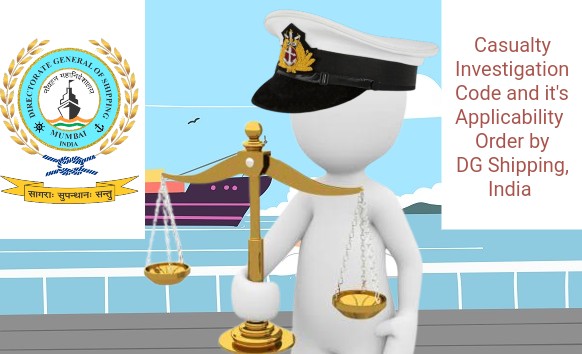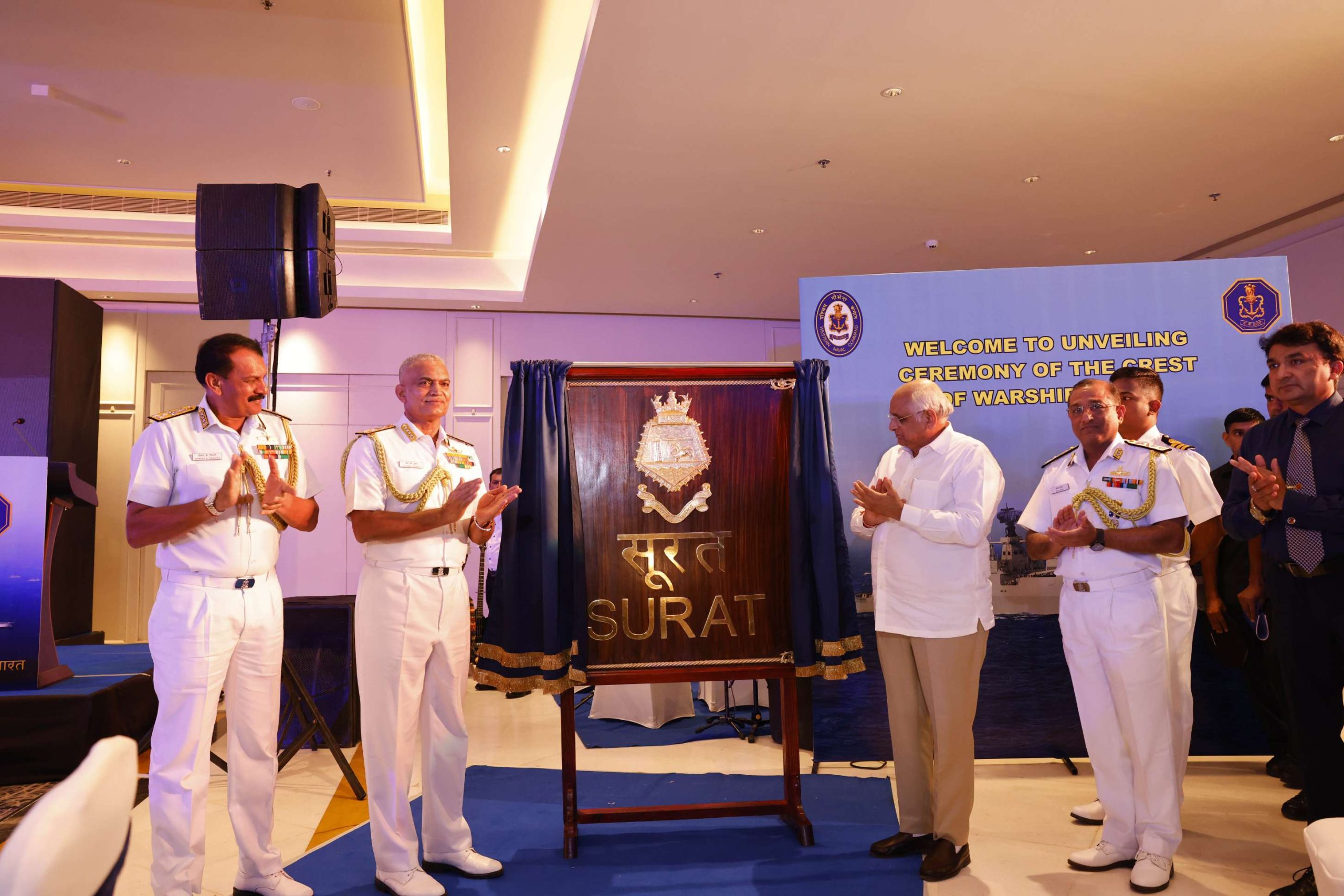The exploitation of Indian seafarers has become a growing concern, and while RPSL agencies (Recruitment and Placement Service License) are often blamed for fraudulent practices, the problem goes far beyond them. A complex chain involving shipowners, vessel operators, ship masters, and even some unscrupulous officials creates a system where seafarers are vulnerable to abuse. This nexus needs to be broken for the maritime sector to ensure the safety and dignity of its workforce.
The Recruitment Agencies: A Starting Point
RPSL agencies, registered under the Directorate General of Shipping (DG Shipping), are entrusted with ensuring a transparent, compliant, and ethical recruitment process for Indian seafarers. However, some agencies have engaged in fraudulent recruitment practices. Seafarers have reported being duped with fake job offers, exorbitant fees for job placements, and false contracts.
In June 2024, DG Shipping released an updated list of RPSL agencies, declaring 313 invalid and 563 valid. But a significant gap remains: DG Shipping often doesn’t provide detailed information on why an RPSL agency is declared invalid, making it difficult for seafarers to make informed choices. The lack of transparency is a major hurdle in protecting seafarers’ rights.
The Nexus Extends to Ship Owners and Operators
However, blaming RPSL agencies alone oversimplifies the issue. The ship owners, vessel operators, and other key players in the shipping industry also bear responsibility for the exploitation of seafarers. Some shipowners collude with recruitment agencies to cut costs by employing seafarers without proper contracts, certifications, or safety provisions. This practice undermines the Maritime Labour Convention (MLC) 2006, which guarantees seafarers’ rights to safe working conditions, timely wages, and medical care.
Ship Masters and Chief Engineers: Silent Witnesses?
Ship Masters and Chief Engineers play critical roles in the day-to-day lives of seafarers onboard. While many uphold the highest standards, some turn a blind eye to the exploitation happening under their command. Cases of overwork, lack of safety measures, and even withheld wages often go unreported. Many seafarers, especially those from developing nations, are reluctant to speak up against these injustices for fear of retaliation or blacklisting, trapping them in a cycle of exploitation.
Vessel Abandonment: A Dark Reality
One of the most devastating practices linked to this chain of exploitation is vessel abandonment. Seafarers, after being recruited through deceptive practices, are sometimes left stranded in foreign ports with no legal or financial support. In these cases, the entire system—from the recruitment agencies to the vessel operators—collapses, leaving seafarers to fend for themselves. This not only damages their lives but also affects the reputation of India’s maritime workforce.
DG Shipping’s Role and Needed Reforms
The DG Shipping plays a crucial role as the regulatory body, but its mechanisms, particularly with regard to invalidating RPSL agencies, need significant improvement. While DG Shipping does take steps to suspend fraudulent agencies, the lack of transparency in sharing details about the violations makes it difficult for stakeholders to trust the system. The Directorate’s zero-tolerance policy must go further, by publicly disclosing specific breaches to prevent future exploitation.
Furthermore, the e-Migrate system—designed to ensure transparency—needs a stronger implementation to track the real-time activities of recruiters and ensure that the recruitment processes comply with Indian and international maritime laws.
Role and Act of Maritime Trade Unions
Trade unions play a vital role in safeguarding the rights and welfare of seafarers by advocating for fair wages, safe working conditions, and proper legal representation. Organizations negotiate on behalf of seafarers to ensure compliance with international maritime labor standards, including the Maritime Labour Convention (MLC) 2006.
However, one of the key criticisms of trade unions is the lack of transparency in their operations. Concerns have been raised about opaque decision-making processes, limited access to union resources for rank-and-file seafarers, and inadequate communication regarding agreements with shipping companies and RPSLs.
Many Unions has now limited to just mailing and posting on Social Media. They even hardly meet the Union Minister of Ports, Shipping and Waterways and or the DG Shipping senior officials once a month. Moreover the role of Maritime Union in India has now got limited to Settlement which is a biggest threat for the Democracy of the Nation, Seafarers and the Union itself in a longer run.
Maritime Day and a Call for Collective Responsibility
As Maritime Day approaches, the focus should shift towards reforming this broken system. The issue of seafarer exploitation is not just an isolated problem of RPSL agencies but one that involves shipowners, vessel operators, ship masters, chief engineers, and even regulatory bodies. For the maritime sector to flourish, it must ensure that its workforce—the seafarers—are treated with dignity and respect.
A holistic approach that holds all stakeholders accountable is essential. The system needs greater transparency, better regulation, and stronger protections for seafarers. This includes enhanced scrutiny on vessel owners and their responsibilities toward their crew, as well as better reporting systems for seafarers facing exploitation.
A Collective Reform for a Global Workforce
Seafarer exploitation is a complex issue that cannot be pinned on one entity alone. The entire chain, from recruitment agencies to ship operators, must take responsibility for creating a safer, more transparent, and equitable maritime industry. With DG Shipping at the helm, and the cooperation of RPSL agencies, ship masters, and vessel owners, the exploitation of seafarers can be tackled effectively, allowing India’s maritime workforce to thrive globally.
Responsibility of Seafarers
When choosing a recruiting agency, seafarers must play a proactive role in ensuring that the agency they are engaging with is legitimate, ethical, and compliant with national and international maritime regulations. The responsibility extends beyond signing up with an agency; seafarers must remain vigilant and informed to avoid exploitation and potential fraud. Here’s an overview of what seafarers should consider:
1. Verify the Agency’s Legitimacy
- Check Registration with DG Shipping: The most critical step is to verify that the recruitment agency is registered under the Recruitment and Placement Services License (RPSL) and recognized by the Directorate General of Shipping (DG Shipping). Agencies that operate without proper licenses are more likely to engage in fraudulent practices. The DG Shipping website lists valid and invalid RPSL agencies.
- RPSL Certification: Seafarers should ensure that the agency holds a valid RPSL number. The certificate indicates that the agency meets the requirements set by the Indian government and adheres to international standards such as the Maritime Labour Convention (MLC) 2006.
2. Check for Complaints and Reviews
- Online Reviews and Forums: Seafarers should research the agency’s reputation by checking online forums, social media groups, and websites dedicated to maritime discussions. Fellow seafarers often share their experiences and raise concerns about unethical practices.
- Track Record: It is essential to look at the agency’s track record regarding job placements, payment of wages, and handling of contracts. A reliable agency should have a history of transparent operations.
3. Demand Clear Job Details
- Contract Transparency: Seafarers should demand full transparency regarding the job they are being hired for. This includes detailed information about the vessel, route, terms of employment, and salary. Any vague or incomplete information is a red flag.
- P&I Certificates and Employment Agreements: Request legitimate documentation, including Protection & Indemnity (P&I) insurance and employment agreements. Be aware of agencies that submit falsified documents, as this can lead to legal issues or abandonment abroad.
4. Be Aware of Fees
- Adherence to Legal Fee Limits: The DG Shipping regulates the fees that recruitment agencies can charge. Seafarers should be cautious if agencies demand exorbitant amounts for placement, visa processing, or document verification. Reputable agencies typically charge nominal fees, and many services should be free.
- Avoid Cash Payments: Seafarers should insist on receiving formal receipts for any payments made. Cash payments without documentation could signal fraudulent activity.
5. Understand MLC Rights
- Know Your Rights Under MLC 2006: Seafarers must familiarize themselves with their rights under the Maritime Labour Convention (MLC) 2006, which guarantees fair treatment, decent working conditions, and safe employment practices. If the agency does not comply with these regulations, the seafarer should report it to DG Shipping or relevant authorities.
6. Check the Vessel’s Reputation
- Research the Vessel: Before accepting employment, seafarers should investigate the reputation and condition of the vessel they are being hired for. Agencies sometimes misrepresent the vessel or its owner, and seafarers may find themselves aboard ships with poor safety records or substandard working conditions.
7. Report Suspicious Activity
- Report Fraudulent Agencies: If seafarers suspect that a recruiting agency is involved in fraudulent activities or misconduct, they should report it to DG Shipping immediately. This protects not only the individual but also fellow seafarers from falling victim to exploitation.
- Seek Legal Support: In case of disputes, seafarers can seek help from seafarers’ unions or maritime legal professionals to resolve contract issues or recover withheld wages.
8. Engage with Welfare Organizations
- Consult Welfare Organizations: Reputable seafarers’ welfare organizations, such as the International Seafarers’ Welfare and Assistance Network (ISWAN) and the Goa Seamen Association of India, can offer guidance and support in navigating the recruitment process.
- Awareness Campaigns: Seafarers should participate in awareness campaigns led by these organizations to remain updated about their rights and the latest trends in maritime recruitment.
A seafarer’s responsibility in choosing a recruitment agency is crucial to their career and personal safety. By conducting thorough research, verifying credentials, and understanding their rights, seafarers can protect themselves from fraudulent recruitment agencies. They must take proactive steps to avoid exploitation and ensure that their employment aligns with international maritime standards.
Through careful vetting, seafarers contribute to the overall integrity of the maritime sector, helping to weed out unscrupulous recruiters and promoting a culture of transparency and ethical practices in the industry.




